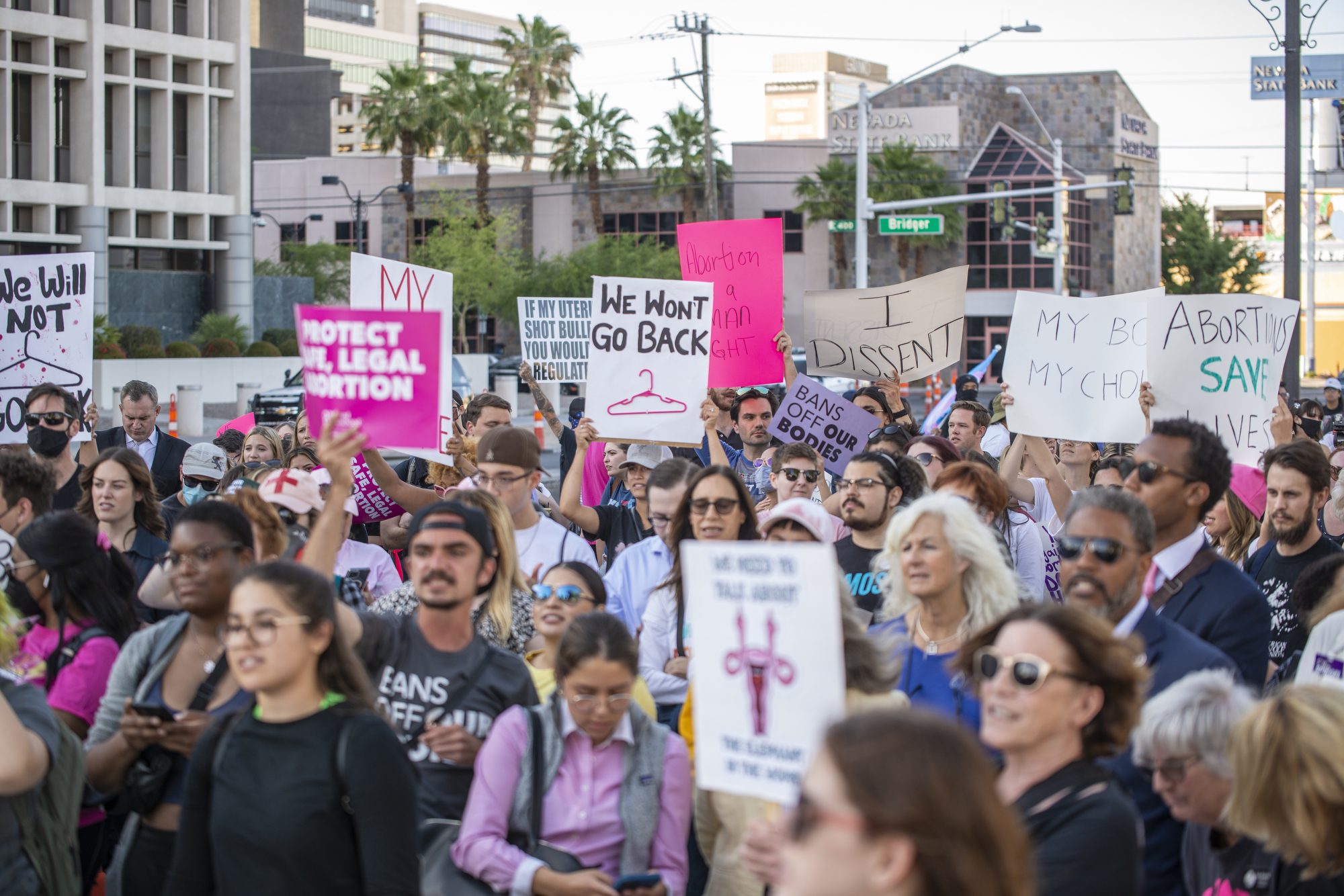For many Asian Americans, talking about personal issues in public is taboo, and families often discourage members from speaking up on issues that are seen as controversial. This has caused widespread misunderstanding of how the Asian American, Native Hawaiian and Pacific Islanders community feels on issues such as abortion, with many stereotyping Asians as traditionally conservative and anti-choice.
While there is still a lot of shame associated with discussing topics such as abortion or birth control in a lot of our communities, as someone who has been fighting for abortion rights in my community, I want to highlight the diversity of the Asian American, Native Hawaiian and Pacific Islander community and how access to abortion has not only already helped thousands of families, but is crucial to the health of our community moving forward.
Seven out of 10 Asian Americans support legal abortion, and 85 percent of Asian American, Native Hawaiian and Pacific Islander women believe that they should have the right to make their own reproductive choices. Despite high levels of support, Asian Americans face myriad challenges in accessing care. Asian Americans are overrepresented in frontline, low-wage jobs — making it difficult or impossible to get time off from work and money for transportation in addition to overnight accommodations to travel for an abortion.
This is an all too common problem for individuals seeking reproductive care. There are vast areas in Nevada where abortion is not available and individuals seeking abortion must travel hundreds of miles to get care. This cost is amplified for low-wage workers who lack benefits such as paid vacation time and sick time. An individual who is already struggling to afford basic necessities has an even harder time receiving reproductive care, especially when there are substantial barriers to accessing it.
Economic issues are not the only barrier. Language barriers are also common. Sixty-six percent of Asian Americans and 30 percent of Native Hawaiian and Pacific Islanders speak a language other than English at home. Extreme abortion restrictions taking over across the country exacerbate the lack of resources for in-language access to help non-English speakers navigate their way through these medical challenges. This unnecessarily complicates the process even further and puts women at risk of delaying the care that they need. Not only that, the path to abortion is fraught with cultural stigmas for the Asian American, Native Hawaiian and Pacific Islander community.
From a South Asian perspective, the experience of navigating abortion and reproductive health care is often compounded by the lack of community or family support. Societal stigmas along with cultural attitudes against abortion leave little room for individuals to openly voice their need for support. However, these external perceptions do not erase our community’s need for reproductive care.
The public health system serves as a crucial lifeline for individuals not only for medical purposes but also for emotional support that is often unavailable in our community. This reliance underscores the need for culturally competent systemic support and clear, accessible information in multiple languages to address the unique challenges faced by South Asian individuals and other Asian American, Native Hawaiian and Pacific Islander groups within the U.S. Robust work needs to be done to ensure abortion and reproductive care are accessible to those in our society who need it the most.
It was no surprise that after overturning Roe v. Wade, the impact of abortion bans and attacks on reproductive health care has disproportionately impacted people of color. The struggles to afford abortion care, the travel sometimes required to get an abortion and the stigmas associated with it all affect the ability of people of color to seek abortion care. The Asian American, Native Hawaiian and Pacific Islander community has been largely overlooked in the abortion fight, but the truth is our voices matter.
It’s time to act and make sure we secure legal protections for reproductive care not just for our well-being but also for our safety. We’ve already seen the harm that abortion bans have caused in states across the country, including our neighboring states such as Arizona, Idaho and Utah. We cannot afford to allow any more time to pass without passing Nevada’s own constitutional amendment that protects the right to abortion.
Nevadans have an opportunity to enshrine reproductive rights in our state Constitution this election year. Do not let your assumptions about the Asian American, Native Hawaiian and Pacific Islander community and culture allow you to write off my community’s passion and support for advancing reproductive rights in Nevada and across the country. It’s incumbent upon all of us to ensure reproductive rights are a top priority as folks go to the polls in November. Asian American, Native Hawaiian and Pacific Islander voters, such as myself, can make their voices heard by showing support for abortion rights and reproductive care in the hope this will address some of the barriers facing our communities.
Medinah Yusufzai holds a bachelor’s degree in criminal justice and is an advocate for combating Islamophobia and prejudice toward the Asian American, Native Hawaiian and Pacific Islander community. They actively engage in international humanitarian aid initiatives and are on the path to attend law school. Yusufzai was asked to write this piece by One APIA Nevada, a nonprofit advocating for policies empowering Asian Americans, Native Hawaiians and Pacific Islanders.
The Nevada Independent welcomes informed, cogent rebuttals to opinion pieces such as this. Send them to [email protected].

